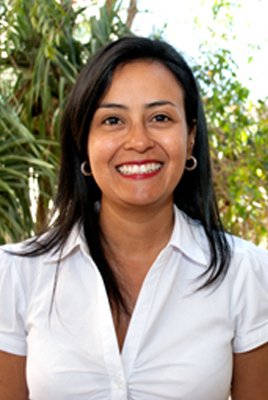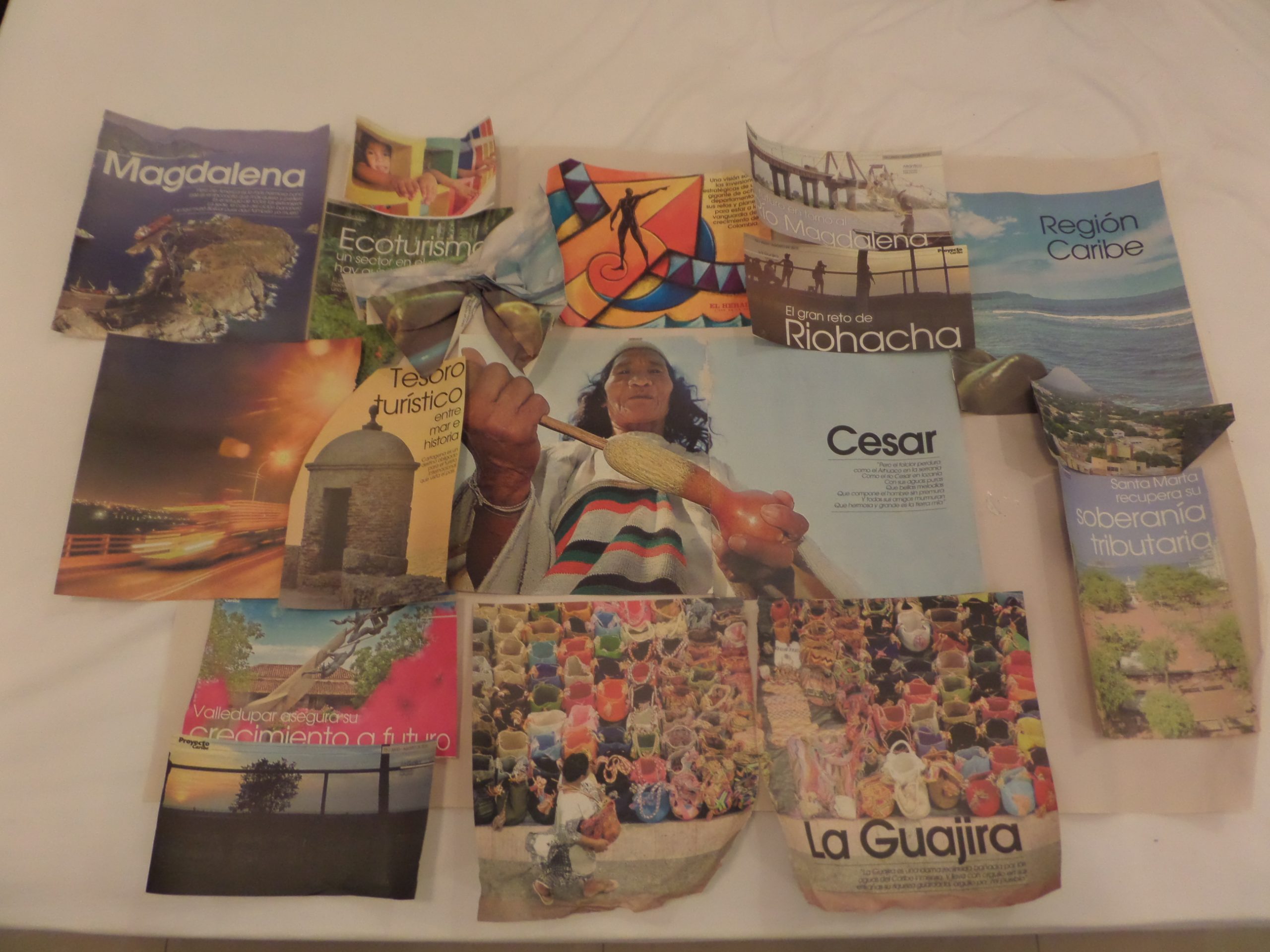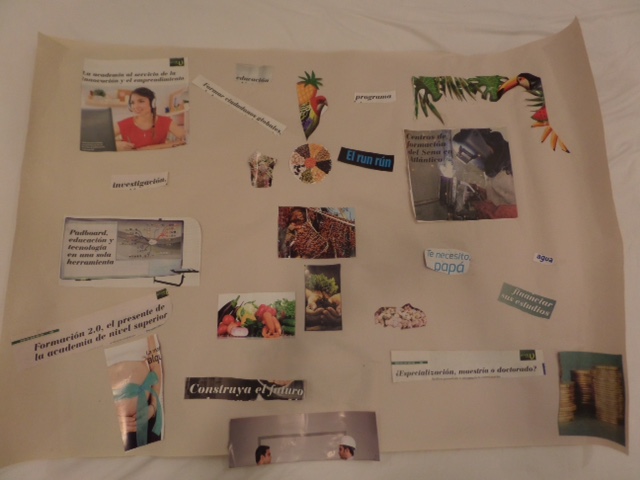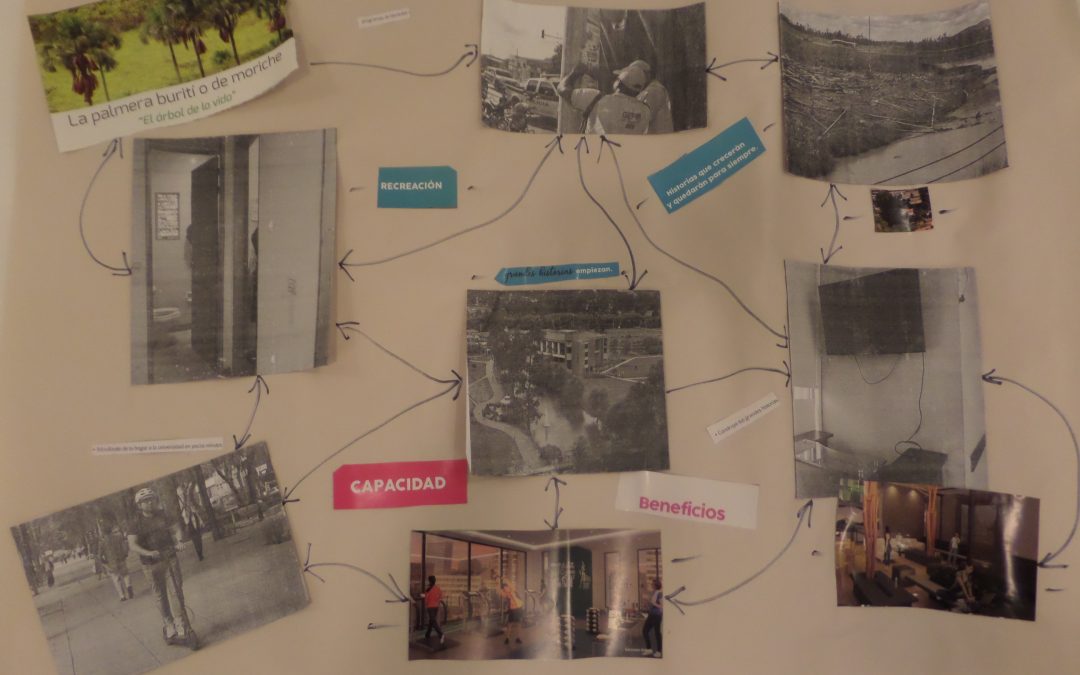Toward the end of last year, an incredibly inspiring and creative meeting took place amongst physiotherapists in Latin America. Though it was the first Latin-American meeting of the Critical Physiotherapy Network (CPN), it was a place and occasion that explored the nexus of critical theories, physiotherapy, and environmental concerns across the diverse cultures of Latin-America. From the perspective of the EPA, this was a hugely meaningful event, further highlighting that environmental physiotherapy is a meaningful field for exploration and collaboration across diverse interests group in the profession, and across diverse geographical and cultural context. What follows is a blogpost recounting the event, written by its organiser Alma Viviana Silva (PhD cand). The blogpost was originally published on the CPN blog and reposted here with kind permission.
On the 30 October 2019 we had our first Latin-American CPN session in Barranquilla, Colombia. It involved talks from the founder and co-chair of the CPN, Professor Dave Nicholls, Co-chair Alma Viviana Silva and member of CPN executive, Dr Aydee Robayo with a 30 minute Q & A session.
Following these talks was a practical session where we produced a physio-zine on the day. As I mentioned in a previous post: “A zine is an underground publication with political messages without censorship. You can express yourself without the constraints of media.”
There were two essential activities needed in preparation for the workshop:
1. Our practical session was inspired by the editorial published recently by our colleagues Filip Maric and David Nicholls:
Maric, F. & Nicholls, D. (2019) A call for a new environmental physiotherapy – An editorial, Physiotherapy Theory and Practice, 35:10, 905-907, DOI: 10.1080/09593985.2019.1632006
A few participants brought some handwritten or printed notes, reactions, thoughts or scribbles for the editorial. We discussed the editorial during the session with both of its authors present live via online video conferencing.

Alma Viviana Silva
PT, Co-Chair CPN
Viviana is a physiotherapist and PhD candidate interested in the critical physiotherapy, #EnviroPT, psychology, reassurance and cross-cultural issues. She ❤︎Art and is a natural dancer.



2. Inspired by the editorial, participants choose images from magazines.
The second part was magical. They created 5-6 zines in groups of 5 members from different Latin-American countries in each team. They learnt more about themselves in relation to their physiotherapy practice and environment through their zine creations.
The reflections at the end of the activity discussed how we should include ancestral knowledge in our profession. One example was about the “parteras”. The“parteras” have all the knowledge of the tribe or community about the way to deliver a baby and support the mother during this important time in life (childbirth). Example of “parteras” stories can be found in these two publications:
Champion, J.D. (2013). Stories from a Mexican American Partera: life on the Texas-Mexico border. Journal of Transcultural Nursing, 24(1), 94-102. DOI: 10.1177/1043659612452003
Buss, F.L. (2001). La Partera: Story of a Midwife. Ann Arbor Paperbacks, University of Michigan Press.
Some groups also talked about the high value of rivers in the local regional culture. As you can see here, Colombia has many rivers. We (Colombians) all have stories related to trips to the closest river. Discussion therefore considered how considering the value of rivers may provide a meaningful way to interact with our patients in rural areas.

In the words of Prof Dave Nicholls, participants all felt that “we need to bring the enchantment back to the profession. Or perhaps bring an enchantment in that was never allowed to be there because of the western biomedical hegemony?”.
All of the stories shared did indeed sound magical. The participants all agreed to include indigenous concepts of Pachamama related with love and belonging that maybe can guide us to think ecologically of the physiotherapy profession and may bring the enchantment back to the profession.
The group wants to organise the second CPN Latin-American session in Peru next year (August), as unfortunately, there was very limited space in the room this time. They are going to propose a special space for our group next year in Peru (for at least 70 people) because some people felt we “left them behind” as they couldn’t participate this year. There was also a desire to create a video with some of the non-spoken things that happened that day during the session (non-verbal language). Apart from the view of the Orinoco river above, the photos presented here are some of the photos of the physio-zines that were worked on during the meeting.


